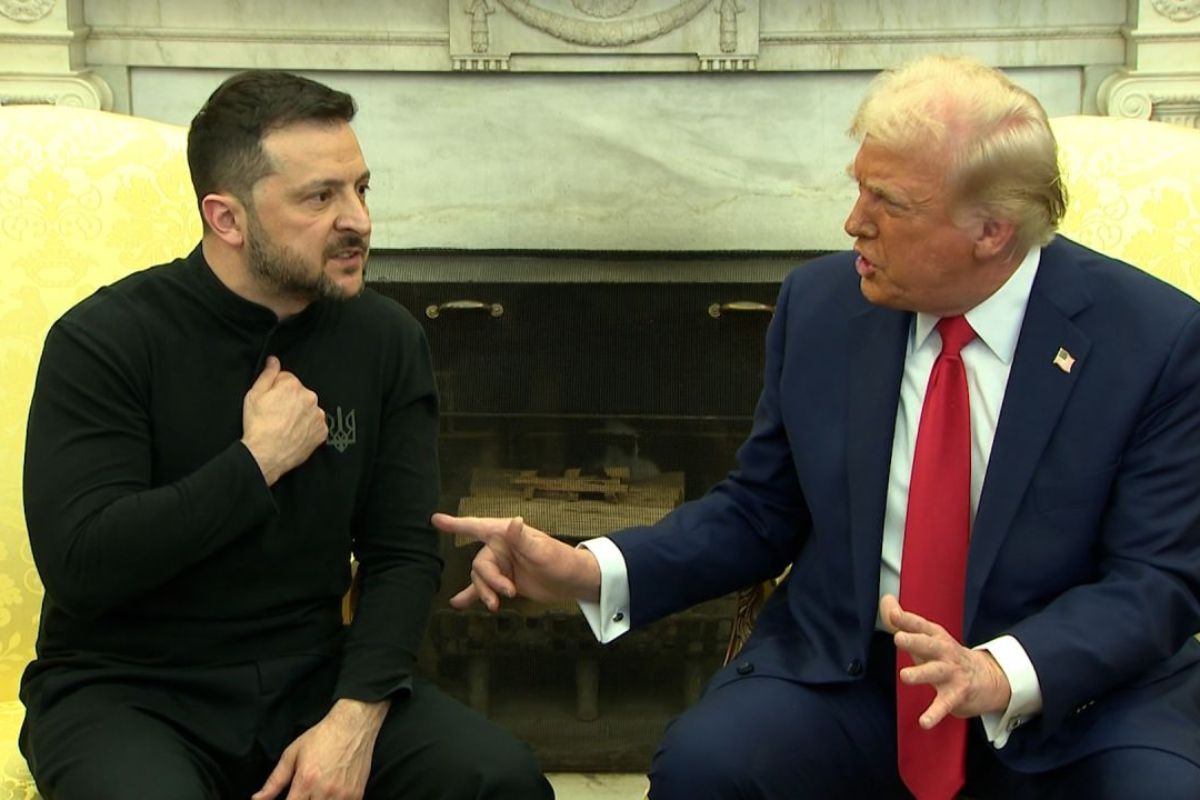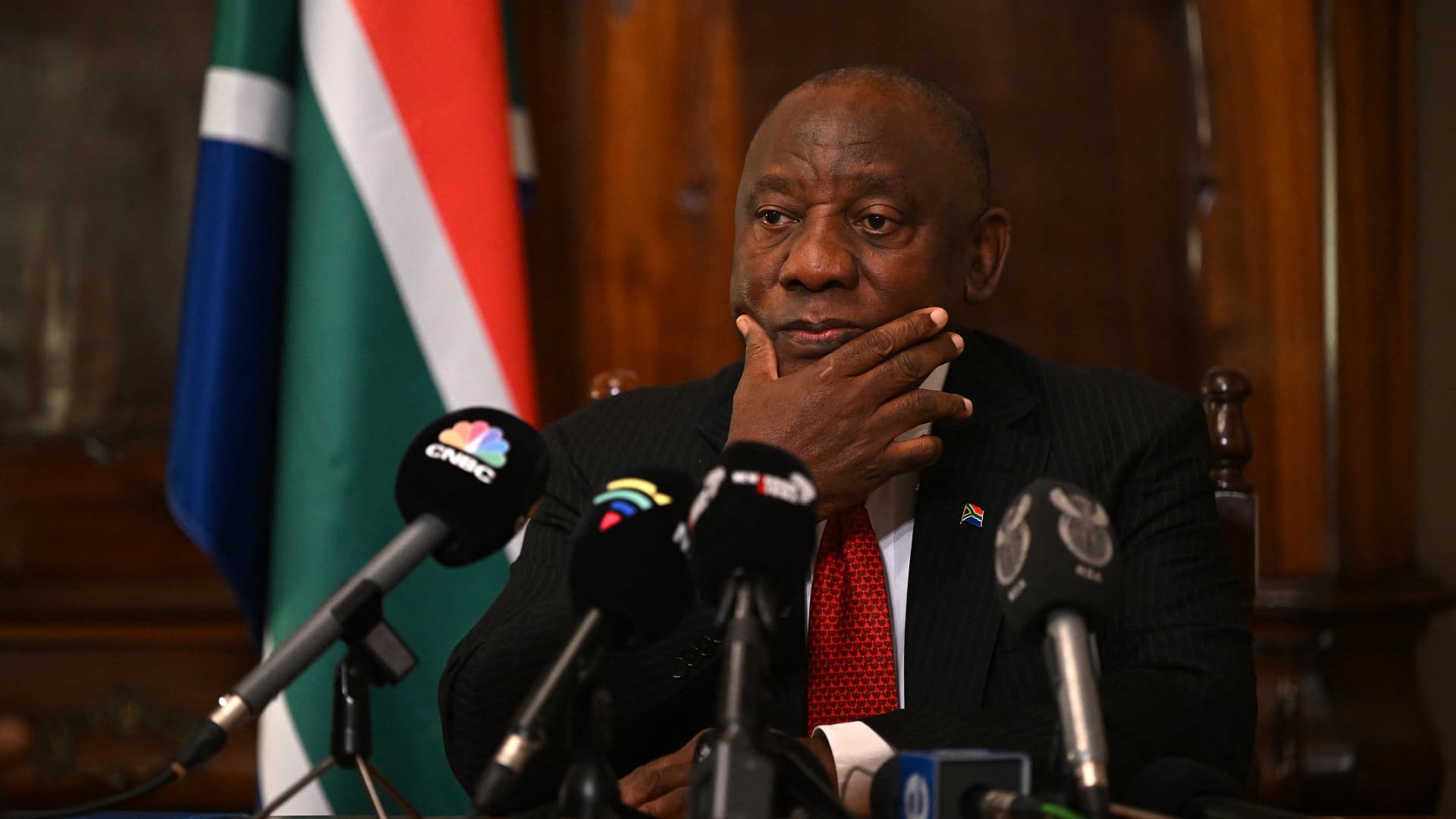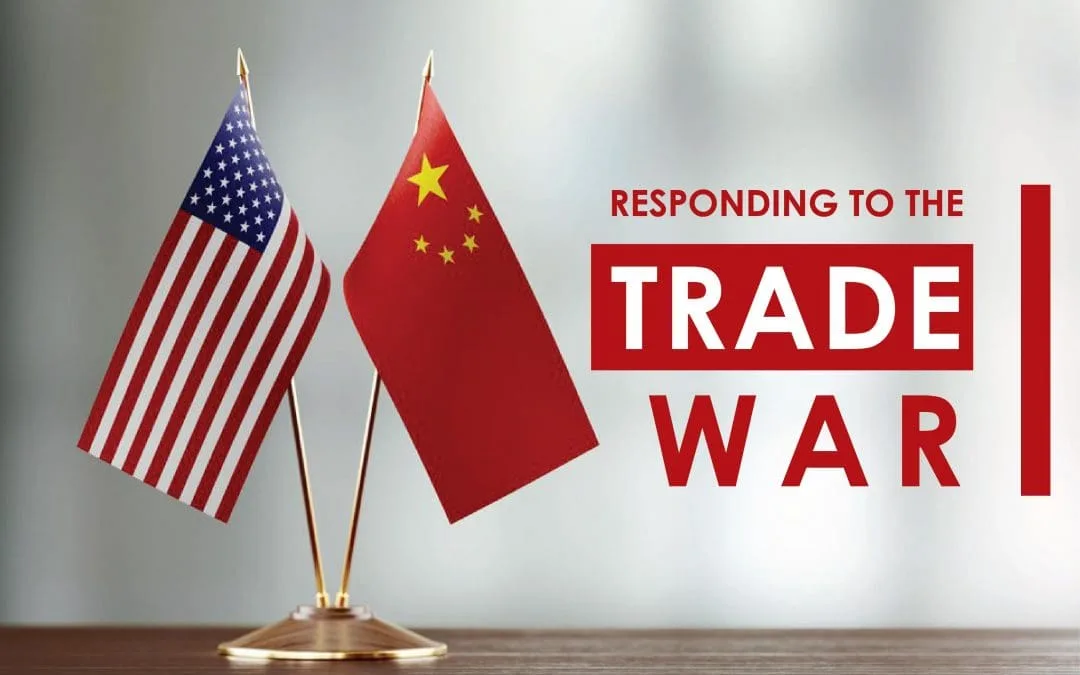Donald Trump criticizes Ukrainian President Zelensky, claiming his stance on Crimea hinders peace talks with Russia
LONDON—As negotiations to resolve the conflict in Ukraine continue to stall, President Trump becomes more irate and accuses Ukrainian President Volodymyr Zelensky of rejecting a U.S. peace proposal.
The U.S. special envoy Steve Witkoff and Secretary of State Marco Rubio abruptly canceled their intentions to attend a meeting in London on Wednesday that was regarded as a make-or-break moment for negotiations.
This came after Zelensky resisted a U.S. peace deal proposal that called for Washington to formally acknowledge Russian sovereignty over the Crimean peninsula, which Russia has controlled since 2014.
Trump criticizes Zelensky’s stance on Crimea, hindering Ukraine peace efforts
Ukrainian officials said they are scared that Trump, who has said he doesn’t like Zelensky, would blame Kyiv for a collapse in talks and refuse to offer more military aid. They have reminded their American counterparts that although Russia had not agreed to a 30-day cease-fire, Ukraine had.
After landing in London on Wednesday, Zelensky adviser Andriy Yermak stated, “The road to peace is not easy, but Ukraine has been and remains committed to peace efforts.”
Trump’s assertion that he could arrange a deal in a day is in stark contrast to the widespread recognition that all sides are still far apart on important issues.
According to U.S. officials, he has told advisers that the negotiations were more difficult to complete than he had planned, focusing most of his ire on Zelensky for not accepting the most recent American offering
According to the peace plan announced last week, Russia would freeze the fighting at current lines in exchange for retaining the majority of the territory it has seized during the past ten years of war with Ukraine.
Ukraine would have to abandon its hopes of joining the North Atlantic Treaty Organization if the United States were to formally acknowledge Russia’s takeover of Crimea in 2014.
According to officials, the two-page paper leaves open the potential that other European forces could assist Kyiv but makes no clear mention of future U.S. military backing for Ukraine in the event that Russia invades again. It does not restrict Ukraine’s military might, which Russia had desired.
On a number of topics, however, the Ukrainians resisted. They rejected the formal transfer of Crimea, stated that they wanted a cease-fire before moving forward with a definitive agreement, and contended that the agreement would only permit Russia to re-invade later unless the United States promised to provide some form of indirect defense for Ukraine.
Read here – China Voices Concerns Over US Tariffs and Sanctions
Following the disclosure of information on the proposal, Ukraine’s Deputy Prime Minister Yulia Svyrydenko declared on Wednesday that “no deal will give Russia the stronger foundations it needs to regroup and return with greater violence.”
According to the majority of commentators, Russia is getting a much better deal than Ukraine under the current parameters.
According to Alina Polyakova, president and CEO of the Center for European Policy Analysis, a Washington think tank, “the Russians are not compromising and playing for time without any real pressure, and they are getting what they want: a U.S. that is so frustrated with the negotiations that they seem to just want Ukraine to say yes to accepting Russia’s maximalist demands.” “The Russians would view this as a victory if the United States gave up and moved on.
There were concerns within the Trump administration about whether the discussion reached Rubio’s level when the French and Germans declared they would not send their foreign ministers to the meeting even before Wednesday’s negotiations.
Additionally, U.S. and European officials noted that since a meeting in Paris last week, Ukraine-Russian talks had not progressed sufficiently since it was still unclear whether Russia would be willing to engage in serious negotiations.
Keith Kellogg, the top U.S. official attending the negotiations, was Ukraine’s ambassador. He met with John Healey, the head of U.K. defense, and Ukrainian authorities.
Witkoff is scheduled to travel to Moscow on Friday for his fourth meeting with Russian President Vladimir Putin. Trump and Zelensky may meet in Rome, where they are both anticipated to attend Pope Francis’ burial.
After leaving the Paris meeting, Rubio first boosted hopes for the London negotiations by stating that a deal should be reached in a few days rather than weeks. However, Rubio implied in a Wednesday interview with The Free Press that the sides were still at odds and didn’t anticipate reaching an agreement by the end of the week.
He remarked, “I hope not, but they might be too far apart.” “But ultimately, it’s not up to us. Both Ukraine and Russia have the last say. We must begin to see improvement, and they must decide that they are willing to get closer to one another.
Jonathan Eyal, associate director at the British research tank Royal United Services Institute, thinks the proposed peace agreement is better for Ukraine than what Trump officials suggested earlier this year.
The Kremlin has demanded that the U.S. proposal limit the strength of the Ukrainian military and prohibit allies from providing military aid to Kyiv. Accordingly, even though the agreement is very advantageous to Russia, it “is not a complete abandonment of Ukraine,” he says.
The military assistance that the United States can provide to Ukraine and its European allies is crucial. To further discourage Russia from re-entering Ukraine, French and British officials are developing a proposal to form a coalition force that could be stationed within the country whenever a cease-fire is established.
They won’t, however, deploy troops until the United States promises to provide air and logistical support in the event that Russia re-starts the conflict. The United States has not yet provided such assistance. According to Trump, a mineral deal would de facto secure Ukraine’s security and bring U.S. investment there.
Source – wsj.com
Read more
Nuclear Negotiations: Trump’s Dilemma with Iran’s Threat

Jessica Hill is a dedicated journalist specializing in crypto news, with a profound interest in blockchain technology and digital currencies. With extensive experience in the financial sector, Jessica provides insightful analysis and in-depth coverage of the rapidly evolving cryptocurrency landscape. Her articles explore the intersection of technology, finance, and regulation, offering readers a nuanced perspective on developments within the crypto industry.







